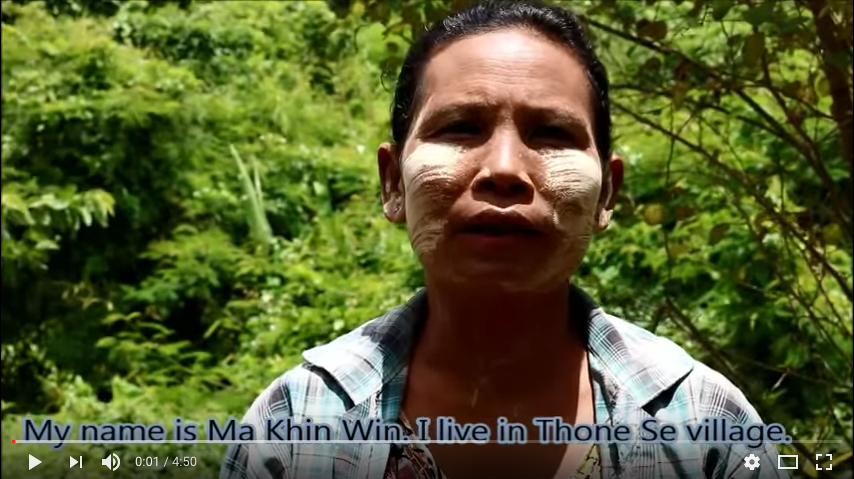Access to productive agricultural land by the landless, land poor and smallholder farmers in four Lower Mekong River Basin countries
With a focus on the Lower Mekong countries, this study considers the intersecting issues of land access, livelihoods, management of risk and poverty for men and women smallholder farmers, the land poor and the landless, and how these issues might be addressed in policy and practice. While there has recently been insightful analysis concerning land access, livelihoods, and global land insecurity, we know much less regarding specific mechanisms that keep rural agricultural smallholders and the landless or land poor struggling and it is these issues that we address within this report


